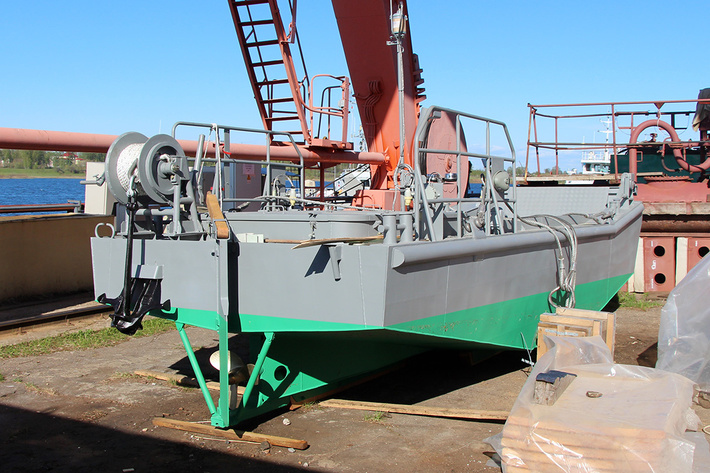Bahamut
Senior Member
- Joined
- Oct 31, 2015
- Messages
- 2,740
- Likes
- 2,259
Scientists develop new way of non-volatile memory development

25 May '17
Russian scientists at Moscow-based Phystech (MIPT), a leading technology university, in partnership with their Korean colleagues have developed a new method which is expected to help create a promising new type of non-volatile memory.
At the heart of the technique is control of oxygen concentration in tantalum oxide films which are developed using plasma-enhanced atomic layer deposition (PEALD). The researchers have published the results of their work in English in ACS Applied Materials and Interfaces.
Resistive switching memory, or ReRAM, appears to be a promising new way of storing and processing information. It’s built on technology that changes resistance in memory cells by voltages applied. So, a cell’s low or high resistance could be used to store data.
A ReRAM cell is based on a metal-dielectric-metal structure. Transition metal oxides have proved to be good dielectrics. Voltage applied to a cell causes oxygen migration, thus altering resistance in the entire structure. So, controllable oxygen concentration in an oxide is a key parameter to determine the functional properties of memory cells.
Nevertheless, in spite of tangible progress in ReRAM development, flash memory still holds sway in the market. It’s quite understandable. To make flash memory, 3D cell matrices can be used to dramatically increase cell density on a chip. Oxygen-deficient film coating methods for ReRAM, however, are inapplicable for functional coating of 3D structures.
It’s exactly in an effort to circumvent the snag that the MIPT scientists have used the PEALD method enabling thin film application by means of chemical reactions on the surface of a sample. In PEALD, picking the right reacting substances is critical.
The problem has been successfully solved by using an oxygen-containing tantalum precursor and plasma-activated hydrogen as a reactant, said Andrei Markeev, a senior research fellow at MIPT.
25 May '17
Russian scientists at Moscow-based Phystech (MIPT), a leading technology university, in partnership with their Korean colleagues have developed a new method which is expected to help create a promising new type of non-volatile memory.
At the heart of the technique is control of oxygen concentration in tantalum oxide films which are developed using plasma-enhanced atomic layer deposition (PEALD). The researchers have published the results of their work in English in ACS Applied Materials and Interfaces.
Resistive switching memory, or ReRAM, appears to be a promising new way of storing and processing information. It’s built on technology that changes resistance in memory cells by voltages applied. So, a cell’s low or high resistance could be used to store data.
A ReRAM cell is based on a metal-dielectric-metal structure. Transition metal oxides have proved to be good dielectrics. Voltage applied to a cell causes oxygen migration, thus altering resistance in the entire structure. So, controllable oxygen concentration in an oxide is a key parameter to determine the functional properties of memory cells.
Nevertheless, in spite of tangible progress in ReRAM development, flash memory still holds sway in the market. It’s quite understandable. To make flash memory, 3D cell matrices can be used to dramatically increase cell density on a chip. Oxygen-deficient film coating methods for ReRAM, however, are inapplicable for functional coating of 3D structures.
It’s exactly in an effort to circumvent the snag that the MIPT scientists have used the PEALD method enabling thin film application by means of chemical reactions on the surface of a sample. In PEALD, picking the right reacting substances is critical.
The problem has been successfully solved by using an oxygen-containing tantalum precursor and plasma-activated hydrogen as a reactant, said Andrei Markeev, a senior research fellow at MIPT.












































